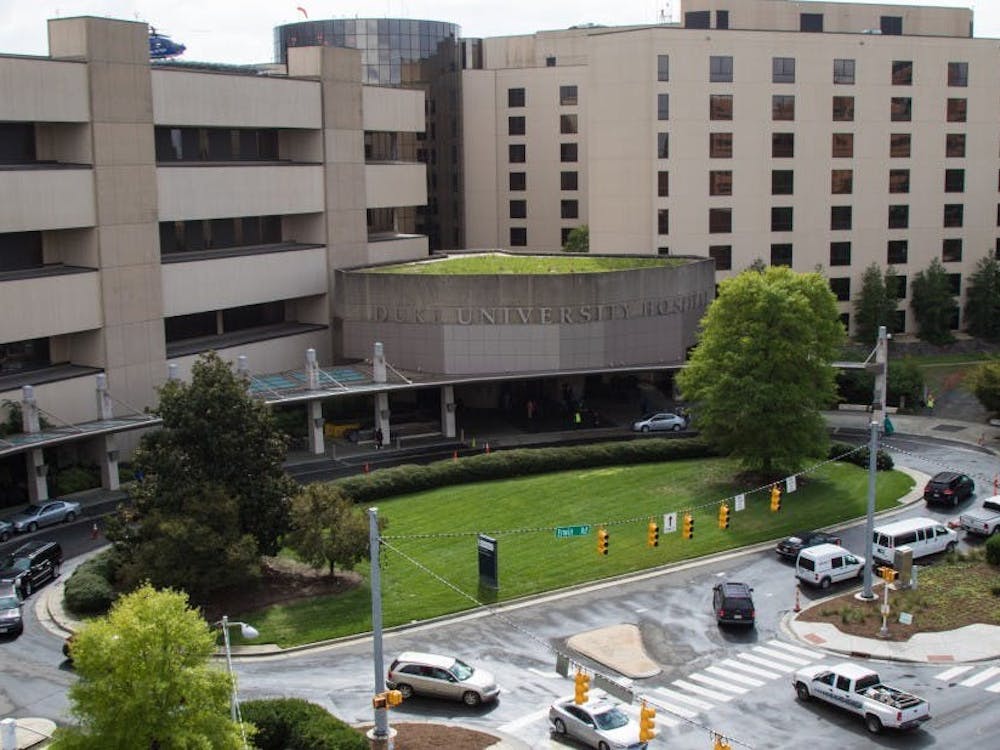For Duke Health, the pandemic’s impacts have gone beyond the treatment of one disease.
With one of the largest infectious disease departments in North Carolina, the Duke University Health System is where complex cases are often referred. The current pandemic has changed how the treatment of diseases other than COVID-19 is handled.
Christopher Hostler, assistant professor of medicine and chief of the office of public health and epidemiology at the Durham Veteran’s Affairs Health Care System, believes that planning, rather than volume, was the greatest challenge in terms of facing other infectious disease treatments during COVID-19.
Hostler emphasized the need for planning and being flexible at the same time.
“Einsenhower said planning is indispensable but plans are worthless,” Hostler said. “We've had to adjust a lot of the modalities that we provide to basically shift towards personal visits to offload our outpatient for a long period of time. So, it's important to go through the process of planning, but also to be adaptable because there will be things that come up that you need to change how you respond on the fly.
As several cases of COVID-19 have come through the hospital, there has been a dramatic decrease in other infectious diseases, especially respiratory infections such as influenza, wrote Joshua Parsons, an infectious disease fellow at the School of Medicine, in an email. Part of this, Parsons explained, could be attributed to mask-wearing and social distancing along with increased awareness of infectious diseases.
Parsons also wrote that fewer patients with other infectious diseases are coming to the hospital in order to avoid contact with COVID-19.
Parsons wrote that the toughest aspect of his fellowship experience has been staying up to date on information regarding COVID-19 given that it changes almost weekly.
“My previous training (MD/PhD) has allowed me to have a better understanding of the basic science behind the successful development of these novel vaccines and allowed me to critically review the rapidly emerging SARS-CoV-2 clinical data”, Parsons wrote. “It is our job as [infectious disease] physicians to stay up to date on this literature, which is not always black and white.”
Associate Professor of MedicineThomas Holland emphasized that his role in the inpatient care of infectious disease treatment during the pandemic has exposed him to the resiliency needed to put together clinical trials and protocols very quickly.
Get The Chronicle straight to your inbox
Signup for our weekly newsletter. Cancel at any time.

